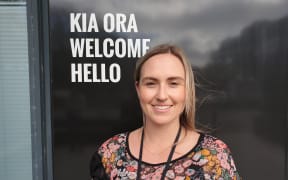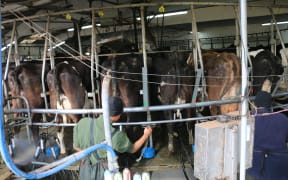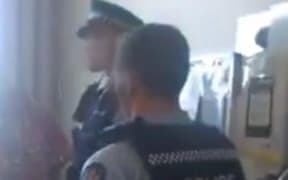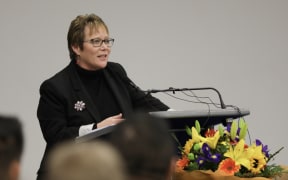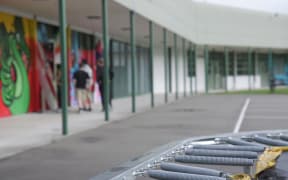A new report into locked in care for youth has found that some children are constantly bullied and many have suicidal thoughts.
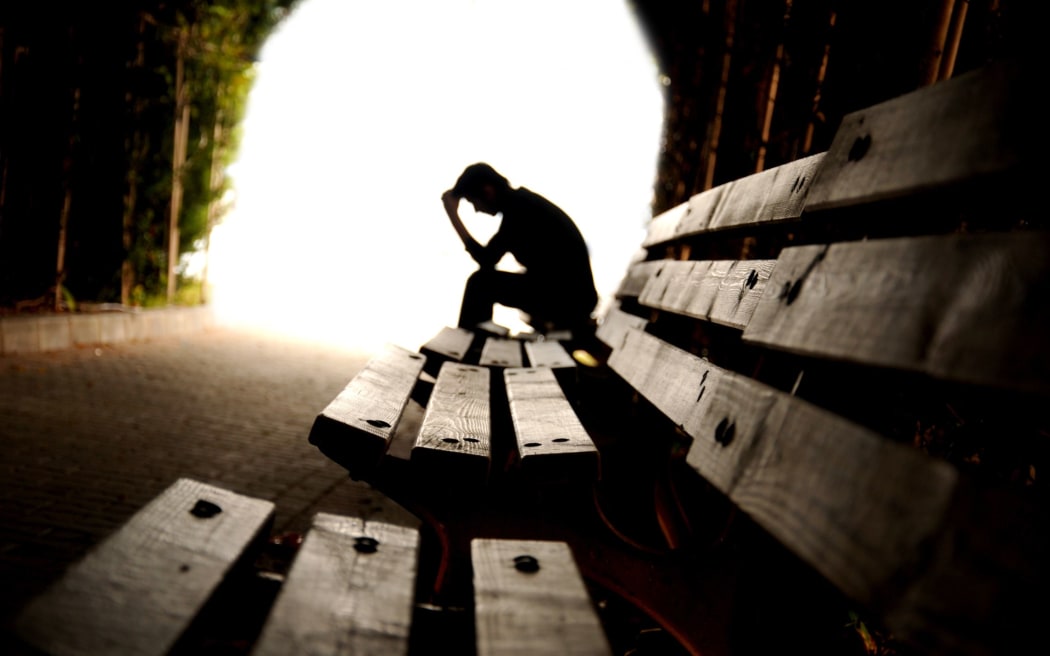
Photo: 123rf
Fifty-two young people aged between nine and 17 years old were interviewed in a report titled A Hard Place to Be Happy released by Children's Commissioner Judge Andrew Becroft.
They live in five residences designed to hold vulnerable and struggling youth - four are run by Oranga Tamariki and the fifth by children's charity Barnardos.
Judge Becroft said the report which featured direct quotes from the young people in the facilities, was difficult to read.
"I've been bullied ever since I've been here. Non-stop bullying. They call me all sorts of nasty names - the young people out there … no one is doing anything about it, and it has gotten worse," one young woman said.
"Ninety percent of the kids in here are suicidal for being in residence and the experiences they have in life. And no one does anything about it," another girl said.
"I wish these places never existed," one boy said.
Judge Becroft said young people in locked in care had complex needs and their residences were different from youth justice facilities.
Despite this, he said some of the residences were prison-like in appearance, with plastic covered mattresses and overheated bedrooms.
"They are concrete, they are institutionalised, they are sometimes with steel doors. They are tough places, as the report said ... they are hard places to be happy and actually they're part of the outdated infrastructure that Oranga Tamariki has inherited," Judge Becroft said.
He said the correctional style of the residences may cause the young people to become reliant on the system.
The longer young people spent there, he said, the more institutionalised they were likely to become.
The fact that many of the youth were already vulnerable made it all the more concerning.
"I think as a community we've dropped the ball with probably about 100 kids in New Zealand ... who have very high and very complex needs," he said.
"The default position [for] the most challenging of them - being locked and in secure facilities, where they're not free to come and go as they wish - that's not the answer and that's not the way we want to be doing it now."
Making facilities more home-like
Oranga Tamariki said it would be more than happy to upgrade the facilities - if they could.
Its chief executive for care services Trish Langridge said the buildings were built in the 1970s and the agency was in the process of changing them to become more home-like, starting in Auckland.
As for bullying, she was firm that correct processes were in place, including the use of a grievance panel that children could write to, to voice allegations and complaints.
"We take really serious allegations of bullying," she said.
"At times things have happened [but] we deal with them very swiftly."
The report also highlighted how some children were left with carpet burns, sprained wrists and bruises after staff used restraints on them.
Ms Langridge said restraints were only used as a last resort.
"We only restrain when it's a point of needing to keep that child safe or prevent them smashing up a unit which does happen. We have training for all staff on how to do a restraint safely," she said.
"There will be times where there are scratches and abrasions, possibly, but it is pretty rare."
The charity Barnados runs one of the facilities under contract from Oranga Tamariki.
Its chief executive Mike Munnelly said the organisation had a specific focus on young boys with a risk of sexual behaviour.
"Our young people tell us - and they've told the commissioner - they do feel safe and they do have staff they can trust," he said.
"The kind of things our young people say [are] 'I look forward to sessions we have, it feels like staff are listening."
There were some positive comments in the report, with some children saying they felt listened to by social workers and felt safer in the facilities than being out in the community.
"I wish I could live here forever, it's such a good place," one boy said.
"If someone hadn't brought me here, I would be dead," another girl said.
Where to get help:
Need to Talk? Free call or text 1737 any time to speak to a trained counsellor, for any reason.
Lifeline: 0800 543 354 or text HELP to 4357
Suicide Crisis Helpline: 0508 828 865 / 0508 TAUTOKO (24/7). This is a service for people who may be thinking about suicide, or those who are concerned about family or friends.
Depression Helpline: 0800 111 757 (24/7) or text 4202
Samaritans: 0800 726 666 (24/7)
Youthline: 0800 376 633 (24/7) or free text 234 (8am-12am), or email talk@youthline.co.nz
What's Up: online chat (3pm-10pm) or 0800 WHATSUP / 0800 9428 787 helpline (12pm-10pm weekdays, 3pm-11pm weekends)
Kidsline (ages 5-18): 0800 543 754 (24/7)
Rural Support Trust Helpline: 0800 787 254
Healthline: 0800 611 116
Rainbow Youth: (09) 376 4155
If it is an emergency and you feel like you or someone else is at risk, call 111.

